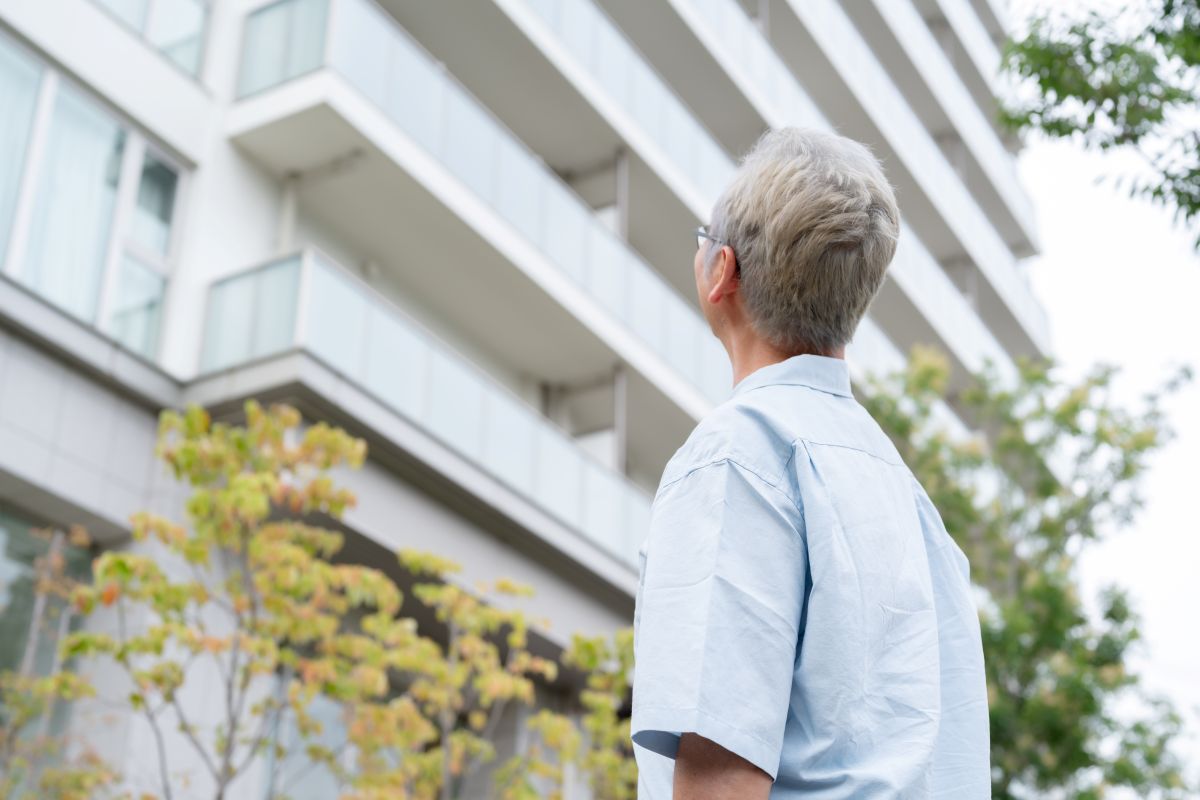Unpleasant smells in shared living environments are more than a nuisance. In today’s condominium communities, condo odour complaints are one of the most common issues reported by residents. Whether it is second-hand smoke, persistent cooking smells, or strong pet odours, these issues can negatively impact quality of life and lead to disputes between neighbours.
The increase in remote work since the pandemic has heightened sensitivity to household disturbances, including intrusive smells. This shift has prompted many condo boards and property managers to revisit their responsibilities under the Condominium Act and explore practical enforcement strategies.
In this article, we explore the legal framework for condo odour complaints in Ontario, what qualifies as a nuisance, and what steps boards can take to resolve the issue fairly and professionally.
What Does the Law Say About Condo Odour Smells?
Under Ontario’s Condominium Act, 1998, as amended in 2022, odours that rise to the level of a nuisance may be prohibited. Section 117(2) of the Act explicitly bans activities that result in unreasonable interference with someone’s use or enjoyment of their unit or the common elements. According to Ontario Regulation 48/01, this includes unreasonable odours and smoke.
The Condominium Authority of Ontario (CAO) clarifies that the focus is not on whether a smell exists, but whether it is substantial and unreasonable. This is generally assessed based on intensity (how strong the smell is) or frequency (how often and how long it occurs).
A faint scent of garlic drifting from a neighbour’s kitchen may be considered a normal part of community living. However, constant or overpowering smells, such as cigarette smoke or pet urine, may meet the threshold for enforcement action.
What Counts as “Unreasonable”?
Determining what is “unreasonable” involves an objective standard. While individuals may have different sensitivities to certain odours, the test considers whether a reasonable person in the same situation would find the smell excessive or disruptive.
Tribunals have ruled in favour of residents in several recent cases. For example:
- The overpowering smell of cat urine coming from a unit’s balcony and detectable in the hallway was found to be a nuisance.
- Persistent cooking odours, such as boiled onions and cooked meat entering a unit from a nearby commercial space, were deemed unreasonable due to their impact on the resident’s health and comfort.
These examples highlight that odour disputes can have a serious impact on residents’ quality of life and may require formal resolution processes.
Addressing Condo Odour Complaints: Where Should Boards Start?
- Identify the Source: Not all unpleasant smells originate from inside a unit. Unwanted odours may be caused by malfunctioning building systems, such as HVAC units, garbage chutes, or drainage problems. If the issue involves a common element, the condominium corporation may be responsible for investigating and resolving it.
- Review Governing Documents: Most declarations and rules already prohibit odours that interfere with others’ enjoyment of their property. These provisions should be enforced consistently through written notices and compliance procedures.
- Communicate Clearly with Residents: When the source of the odour is traced to a specific unit, residents should be notified and given the opportunity to correct the issue. Practical steps may include:
- Using kitchen and bathroom exhaust fans;
- Cleaning the unit and bathing pets regularly;
- Avoiding heavy perfumes or strong chemical cleaners; or
- Installing air purifiers or dehumidifiers.
- Avoid Fire Code Violations: Residents should never prop open unit doors in an attempt to ventilate unpleasant smells. Unit entry doors are fire-rated and required to remain closed. Keeping them open increases the risk of smoke spread and violates Ontario Fire Code requirements.
Smoke and Cannabis Odours in Condos
Smoke from tobacco or cannabis is one of the most common sources of odour complaints. Many condominium corporations have adopted no-smoking rules that apply to both units and balconies. These rules often include legacy provisions for current smokers, although in some cases, those exemptions can be revoked if ongoing complaints are received.
The Ontario Superior Court has upheld a corporation’s decision to cancel a smoker’s grandfathered rights in order to protect the health and safety of other residents. This demonstrates the importance of having reasonable rules that can be enforced fairly and consistently.
Human Rights Considerations
In some cases, odour issues may be linked to a disability. For example, a person may use medical cannabis or live with hoarding disorder. In these instances, the board must comply with the Ontario Human Rights Code by exploring solutions that balance the resident’s accommodation needs with the rights of others.
Boards should work with legal counsel to assess these situations on a case-by-case basis and avoid taking action that could be considered discriminatory or unreasonable.
Final Thoughts: A Proactive Approach is Key
Bad smells can quickly create tension in a shared living environment. With a proactive, respectful, and informed approach, boards can manage odour-related concerns effectively while ensuring that all residents enjoy a safe and comfortable home.
At ICON Property Management, we support condominium boards in handling complex community issues with professionalism and care. From rule enforcement to conflict resolution and legal compliance, our experienced team is here to help you keep your condo community running smoothly.
Need support managing odour-related complaints or revising your condo rules?
Contact ICON Property Management to learn how our expert team can assist your board: Request a Proposal.




